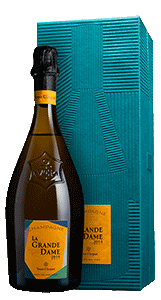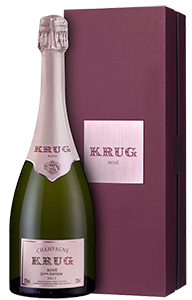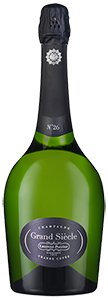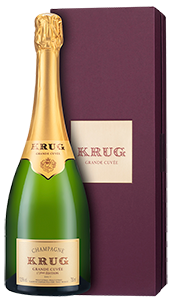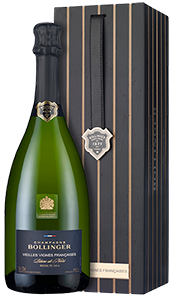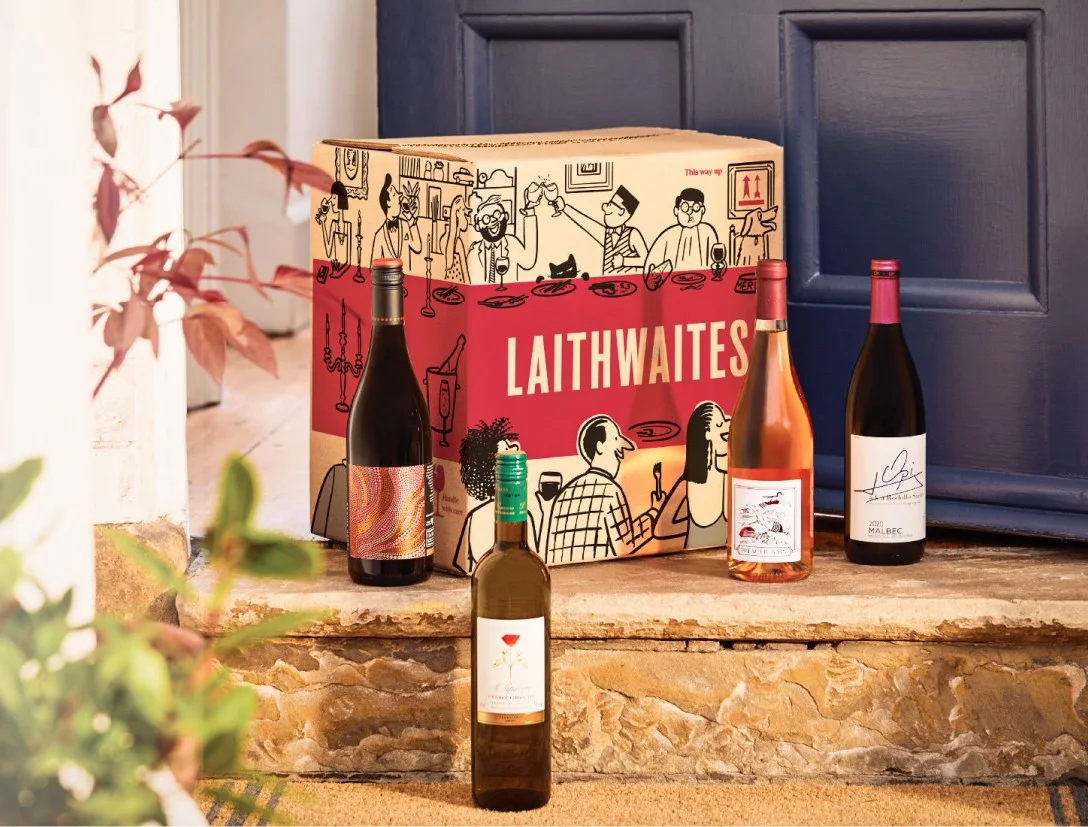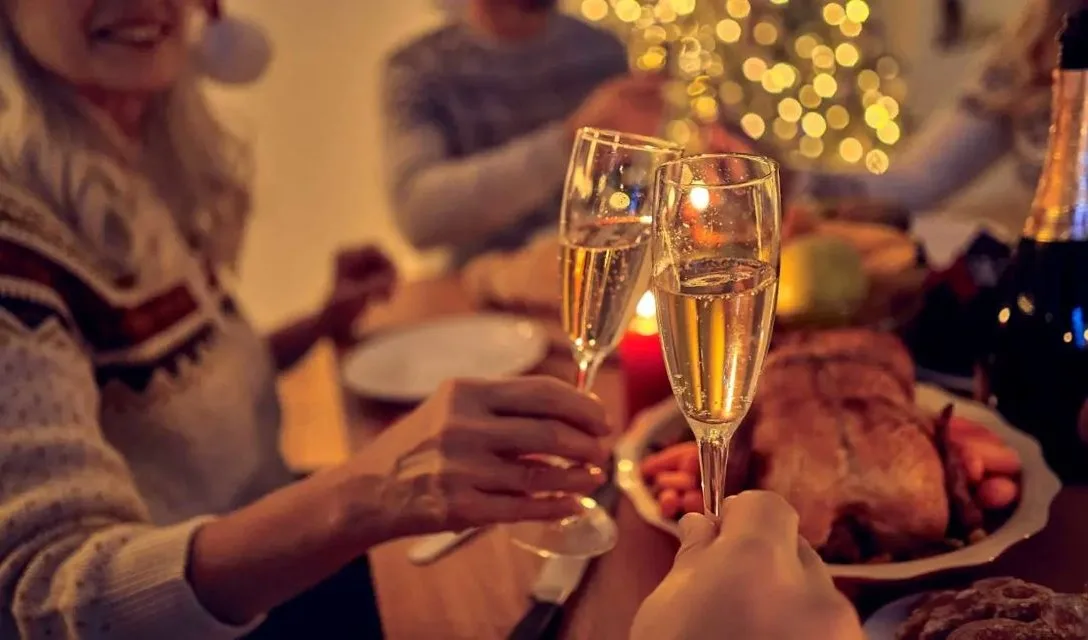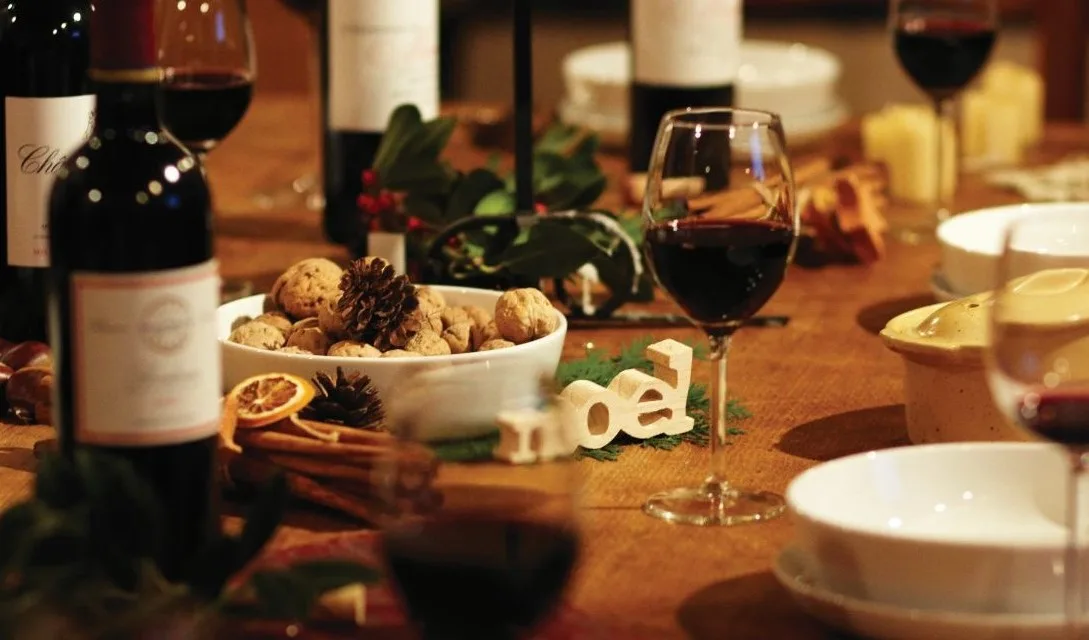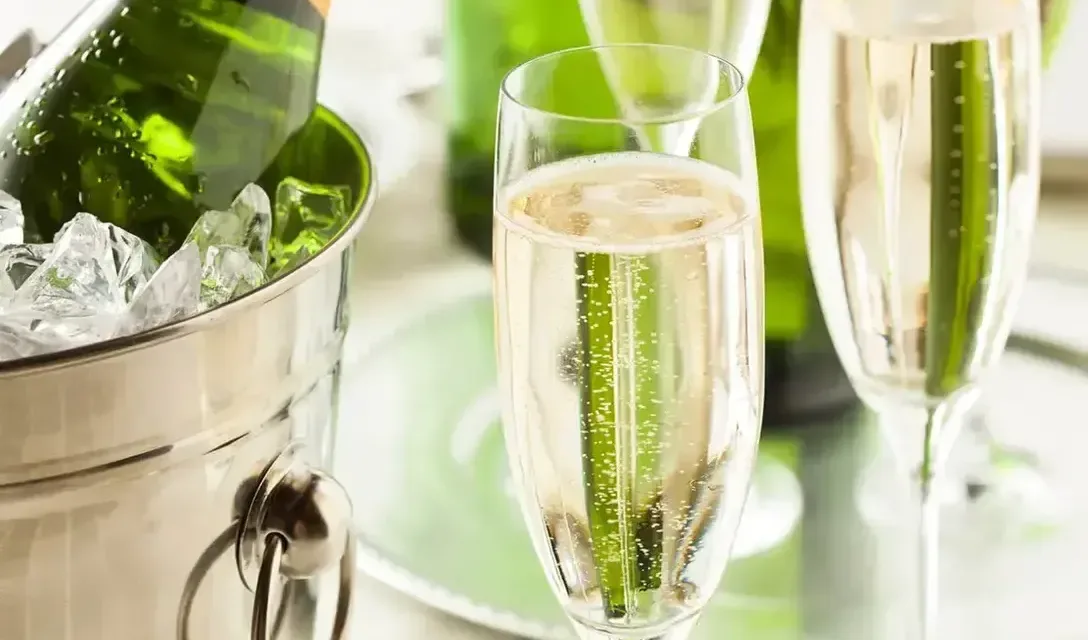As with other wine varieties, there are different styles of Champagne. The most common are:
- Non-Vintage (NV): A blend of wines from multiple years, ensuring a consistent house style.
- Blanc de Blancs: meaning ’white from whites’, is produced using only Chardonnay grapes. Known for its delicate and elegant profile, with citrus and white blossom flavours.
- Blanc de Noirs: meaning ’white from blacks’, is produced using only the red grapes Pinot Noir and Pinot Meunier. With a fuller body and more complex structure than Blanc de Blancs, this style of Champagne overflows with rich flavours of strawberry and raspberry.
- Rosé Champagne: crafted using either the saignée method (or ‘bleeding method’) or by adding a small amount of Pinot Noir or Pinot Meunier to the blend. This sparkling wine has a crisp acidity and is bursting with red berry flavours.
Champagne also comes in various sweetness levels: Brut Nature (naturally extremely dry), Extra Brut, Brut, Extra Sec, Sec, Demi-Sec, and Doux (the sweetest).


